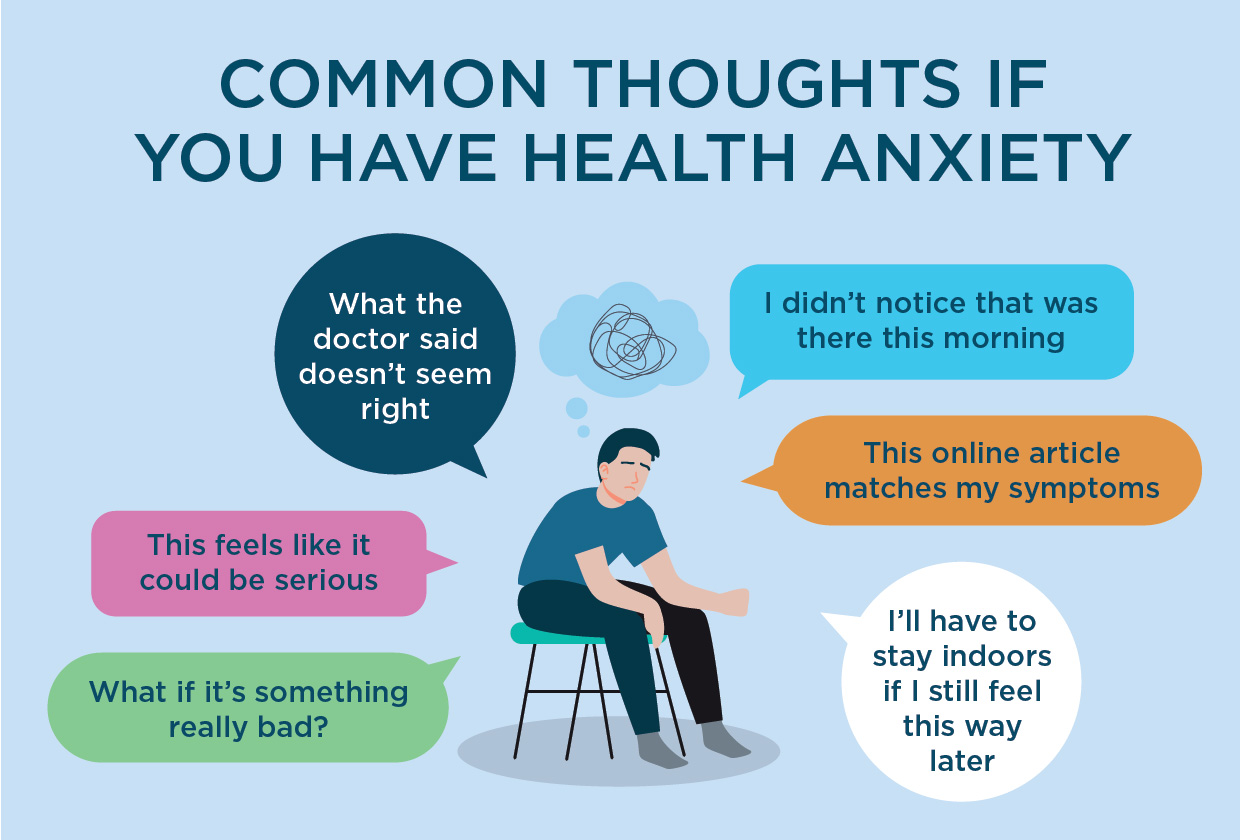Health anxiety: what it feels like and how to manage it
Health anxiety can feel overwhelming, but with the right support, it’s possible to feel more in control and less afraid.
Start your journey to recovery with Priory and learn more about our evidence-based mental health treatments, delivered by expert clinicians.








